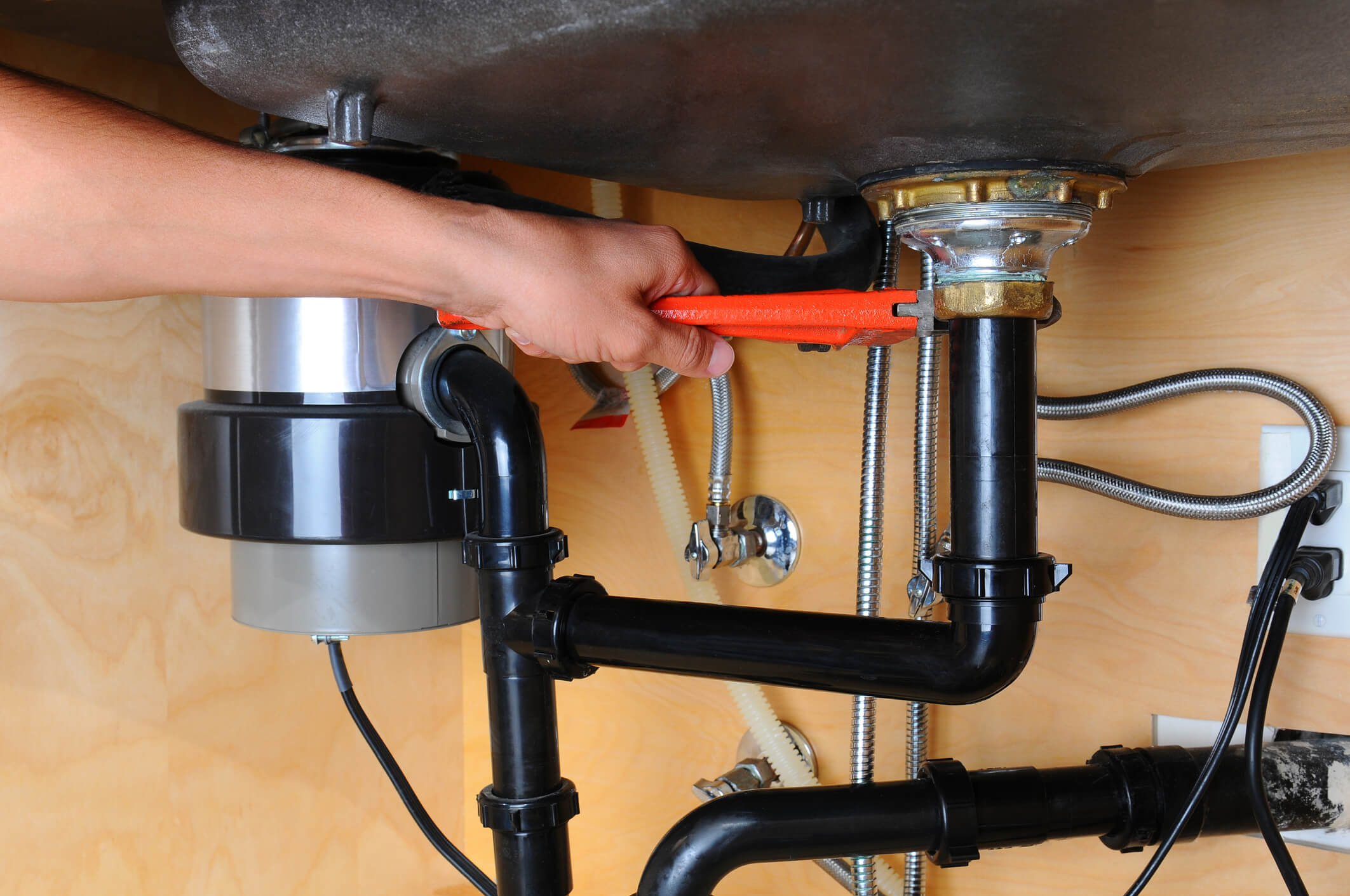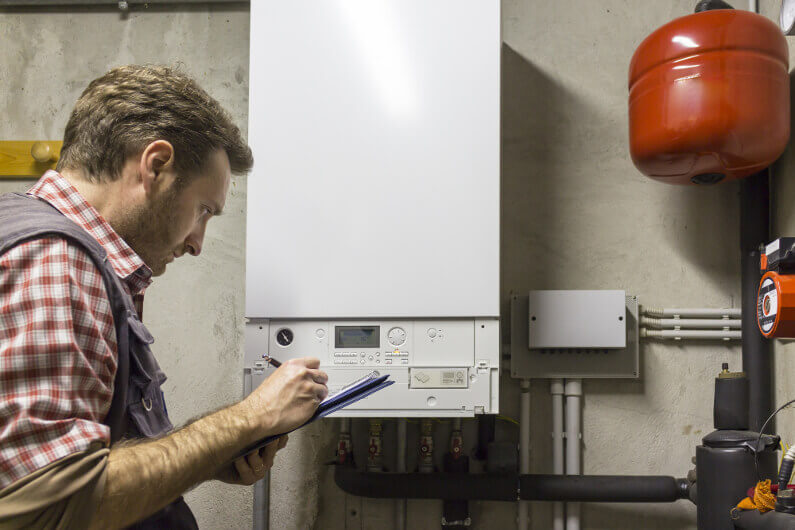The Six Most Common Threats For Your Household Plumbing Systems
The Six Most Common Threats For Your Household Plumbing Systems
Blog Article
Are you searching for advise concerning Ways to Make Your Pipes Last Longer?

The secret to long-term appliances, unsurprisingly, is proper maintenance. There's no set regulation that can ensure your plumbing devices a long wear, however you can stop unnecessary damage and also repair services by preventing poor plumbing behaviors.
You need to stop doing these 6 points else you'll keep calling your plumber over for minor faults.
Flushing everything
Yes, your toilet drainpipe results in the sewage systems, but that doesn't mean you must dump just anything down the drain. Many 'flushable' materials are really wonderful obstruction beginners, for example floss. Asides keeping obvious non-flushable materials like wires and also plastics out of your bathroom, you should also prevent flushing cotton buds, menstruation items, wipes, daipers and condoms down the commode drain.
DIYing every little thing
With plumbing, a stitch in time really does conserve 9. You can prevent a fullblown plumbing emergency by calling your plumber at the right time.
You might have learnt a few plumbing hacks from your daddy, but you should understand where to draw a line and also call an expert. For example, you may have the ability to deal with an obstruction on your own, but you shouldn't try to change a pipeline. You might inequality pipes or overtighten a bolt, triggering more injury and damages than you assumed. Calling a plumber is a safe and budget-friendly decision.
Utilizing too much drainpipe cleaner
Using a drainpipe cleaner greater than one or two times a month is an indicator that something severe is taking place within your pipelines. Now, as opposed to encountering the major concern, you go for a quick fix; a carbonated drain cleaner. Rightfully, a drainpipe cleaner will take care of the clog, but at what expense?
The chemicals in a drain cleaner can hasten the corrosion of your pipelines. Add that to whatever underlying problem is triggering the clog and also you might have to a significant problem on your hands.
If you experience too many blockages, call your emergency plumber as opposed to making use of a drain cleaner.
Putting grease in the sink
We understand properly getting rid of oil after a hearty meal is a pain. But just putting it away can do long-term damage to your pipelines. "The fat and also grease can block your drain terribly adequate to compel you to call a plumber," explains Dawson. "Plumbing works best when it's well looked after-- not abused with oil."
Not altering your dishwasher hoses
One very easy way to make certain that you utilize your dishwasher for many years is to replace the tube at the very least as soon as in five years. This also looks for cleaning device tubes.
Over time, food bits, soap and oil can create blockages within your pipelines. Replacing them on time will certainly prevent any type of presure accumulate that can damage the internal operations of your dishwasher or washing equipment.
A strengthened steel braided hose does a terrific job of prolonging your equipment's usage time.
No wintertime precautions
Severe weather conditions misbehave for your pipelines, specifically if they're made of steel. You ought to protect your subjected pipelines, as well as your water container, even if you have a hot water heater. You need to additionally turn off your yard tube valve as well as any other exterior water networks. These networks are electrical outlets for chilly; you pipelines can begin to ice up from outside if you don't.
How Hard Water Damages Your Plumbing and Appliances
Hard water is no stranger to most households across America. This silent invader affects 85% of homes in the United States every day, wreaking havoc on pipes, plumbing fixtures, and water-using appliances.
Should you become a victim of hard water, you must understand exactly what it is and how it affects your plumbing and appliances. This will help you determine the correct measures to put in place to fix or prevent any problems that may arise.
First off, what exactly is “hard” water?
In short, “hard water” is used to describe water that contains relatively high amounts of dissolved minerals, primarily calcium and magnesium, and a host of trace metals. When rainwater falls from the sky (usually in a pure form), it absorbs the hardness minerals from rocks and soil, which changes it from soft to hard water.
What about my plumbing and appliances?
Mineral deposits from hard water can cause buildup on tubs, shower, sinks, faucets. But that’s only a small scratch of the surface. Those minerals can gradually build up inside pipes, fixtures, water heaters, washing machines, and dishwashers. Once they accumulate in those areas, they can clog pipes and create major problems throughout your plumbing system, from reduced water flow to increased pressure on pipes and fixtures.
This limescale buildup might affect some appliances, causing them to operate less efficiently and wear down faster. And the result? Higher energy bills, more (costly) plumbing replacements and repairs, and damaged appliances.
Keep in mind that certain types of plumbing are more susceptible to clogging than others. Copper, PVC, and PEX pipes are more resistant to hard water buildup and corrosion, but they can still get clogged or completely blocked by scale deposits.
How do I know if my water is hard?
White limescale buildup on plumbing fixtures (or any of the other signs mentioned above) is usually a good sign that your water is hard. If you suspect that you have hard water, you can simply shake up a small amount of dish soap and water in a closed container. If the mixture doesn’t create a lot of suds, you probably have hard water.
The most precise method, however, is to test your water with a DIY test kit (sold online or at local home centers or hardware stores) or send a water sample from your tap to a local lab to be tested. Be sure that you understand the nature of the test, the water condition being measured, and the significance of the test results.
Another way to obtain an estimate of water hardness is to check your annual water quality report to see if your water provider has reported any instance(s) of water hardness in your water supply.
https://www.springwellwater.com/how-hard-water-damages-your-plumbing-and-appliances/

Hopefully you enjoyed reading our section about Can Hard Water Ruin Your Appliances?. Thanks for taking time to browse our piece. Do you know another individual who is in the market for Can Hard Water Ruin Your Appliances?? Why not share it. I am grateful for your time. Come back soon.
Book Today! Report this page